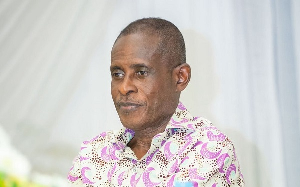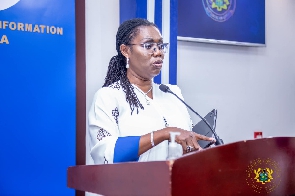With reference to the Daily Graphic dated 31st August 2022, individuals and firms are required to obtain a unique African Continental Free Trade Area (AfCFTA) number to be able to transact business with the AfCFTA secretariat in Ghana. According to the substantive Minister of Communications, this policy direction is to ensure businesses verify and validate their regulatory and compliance status. The assurance is that the policy would increase trust in the marketplace, eliminate fraudulent dealings normally associated with the complex business environment and additionally improve the expected efficiency of business transactions in our polity and beyond. It is a known fact that over the years, successive governments have introduced wide-ranging business guidelines to rationalize the functionality of business entities. The key underlying factor is to guarantee prudent tax injections of revenue into the government’s treasury. A case in point is the registration of businesses where a unique identification number is indicated on both company’s code as well as on the Certification of Incorporation and Certificate to commence business. Again, with the successful introduction of VAT in 1998 by the then-ruling government, all registered business organizations in operation were by law roped into the VAT system per issuance of a unique identification number. Apparently, on the heels of VAT originated the Taxpayer Identification Number (TIN), also a unique Identification number issued to taxpayers and potential taxpayers. This of course enables prompt and easy access and identification of the status of prospective individuals and organizations. In recent times, GhanaPostGPS is Ghana's official digital property addressing system, which covers every inch of the country and ensures that all locations in the country are succinctly addressed. With GhanaPostGPS, every location has a unique digital address which, invariably, includes business infrastructure and households. This is a laudable concept that can woefully not be relegated to the background. The successful introduction of GHANA CARD, with a unique number that seeks to support the security agencies, keep track of criminals engaged in fraudulent acts and additionally, serve as proof of identity is another system the authorities could evaluate and reconfigure for utilization than manufacturing and creation of new unique trade numbers. Looking at the above-chronicled developments, many of us believe that the Ministry could weigh the above options by synchronizing already existing unique identification numbers of individuals and trade organizations ready to venture into trade exploration through AfCFTA. The candid suggestion could minimize bureaucratic tendencies always associated with our administrative processes. We believe it would ensure business confidence and improve general trade competitiveness on the African continent
Opinions of Wednesday, 19 October 2022
Columnist: Joe Effah-Nkyi
Obtaining unique AfCTA number - Is it too relevant?
Opinions














